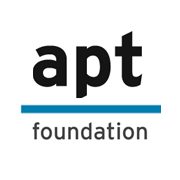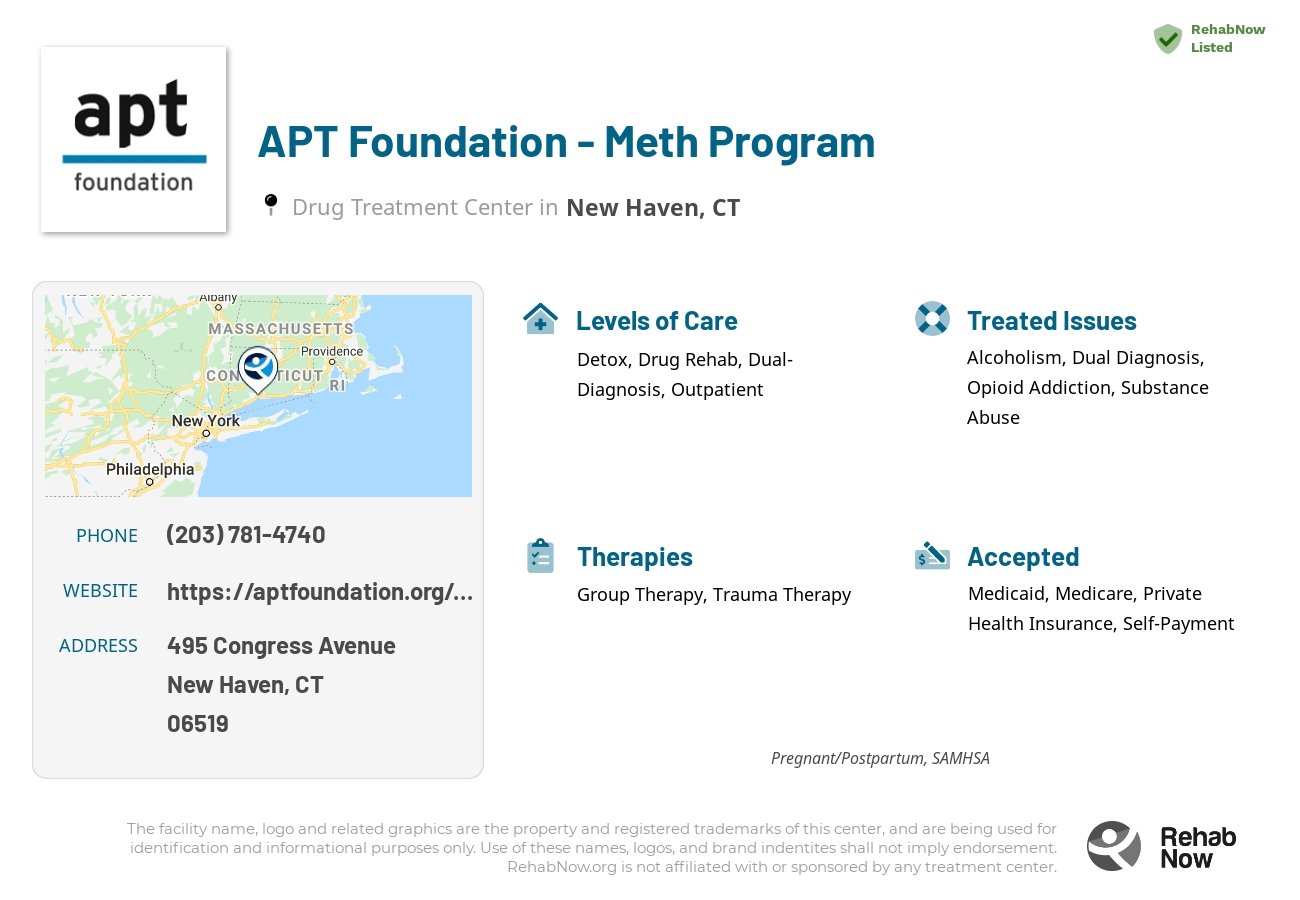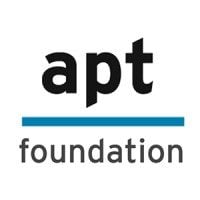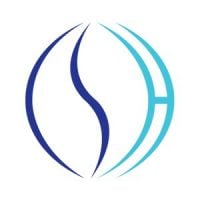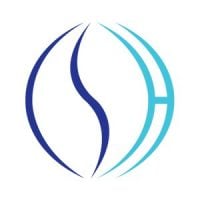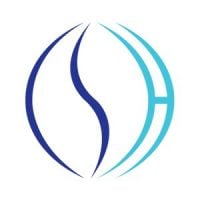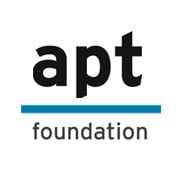APT Foundation - Meth Program
Drug Rehab Center in New Haven, Connecticut
APT Foundation - Meth Program in New Haven, Connecticut is a leading substance abuse treatment facility offering specialized outpatient and residential programs for individuals suffering from methamphetamine addiction, with a range of quality, evidence-based treatment services provided by a knowledgeable and experienced staff.
About APT Foundation - Meth Program in Connecticut
APT Foundation – Meth Program in New Haven, Connecticut, stands out for its specialized approach in treating alcoholism, drug addiction, including opioid addiction, and dual diagnosis. This private rehab is known for its comprehensive care and substance abuse treatment, ensuring a focused recovery journey.
Accredited by CARF and SAMHSA, APT Foundation – Meth Program embraces a multidisciplinary strategy to health and recovery. It tailors its offerings to meet the unique needs of individuals battling with substance use disorders and/or mental illness, supported by evidence-based treatment programs.
- Comprehensive Care: Focuses on alcoholism, drug, and opioid addiction, alongside dual diagnosis, offering a tailored treatment plan.
- Accreditation and Expertise: CARF and SAMHSA accredited, ensuring high-quality services provided by seasoned professionals.
- Holistic and Evidence-Based Treatments: Offers a blend of individual and group counseling, medication-assisted treatment, and holistic healing.
APT Foundation – Meth Program addresses substance abuse through diverse treatment methods such as detox, drug rehab, outpatient care, and aftercare support. By treating specific addictions with evidence-based methods, it helps individuals achieve and maintain sobriety.
Genders
Ages
Modality
Additional
Accreditations
SAMHSA

CARF
The Commission on Accreditation of Rehabilitation Facilities (CARF) is a non-profit organization that specifically accredits rehab organizations. Founded in 1966, CARF's, mission is to help service providers like rehab facilities maintain high standards of care.
Conditions and Issues Treated
Substance abuse is the excessive use of any drug. This includes alcohol, medications, and illegal drugs. Substance abuse is treated with a combination of physical and mental treatments. Patients detox and follow up with therapies that target the underlying cause of the addiction. Substance abuse is a severe problem that can be successfully treated with a variety of therapies. APT Foundation - Meth Program treatment uses a combination of therapies along with other resources to overcome substance abuse.
Opioid addiction treatment should be done in a medically supervised drug rehab. While taking opioids, users will typically use other substances to enhance the effects of opioids or to reduce the adverse effects of opioid use. Opioid addiction treatment will include detoxification and drug rehab counseling to help both the user and their loved ones learn how to live a successful sober lifestyle.
Treatments such as methadone, buprenorphine, and naltrexone are three medications that can help treat opioid addiction. These drugs work on the brain’s pleasure center and reduce cravings and the effects of illicit opioids such as heroin. These drugs can be either given orally or by injection. Individual drug rehab counseling sessions can be helpful to discuss any questions or concerns with the drug treatment program. This counseling will also help the user set goals for when they finish drug rehab.
Opioid addiction recovery is a long process. Many of the changes to the brain caused by opioid use cannot be undone, but with time and the proper treatment, a person can return to normal function. After detox, treatment will include drug rehab counseling and entering a halfway house or sober living community. Aftercare is critical to long-term recovery, as it helps the user avoid relapsing and entering back into drug rehab.
Levels of Care Offered
This center offers a variety of custom treatment tailored to individual recovery. Currently available are Detox, Drug Rehab, Dual-Diagnosis, Outpatient, with additional therapies available as listed below.
An addict may have to go through alcohol or drug withdrawal. While detox may be uncomfortable, it is not life-threatening. Detoxification allows the addict to rid the body of all traces of drugs or alcohol and gives the addict a clean slate for their recovery. In an inpatient or outpatient setting, detox can be managed medically.
“Outpatient treatment is ideal for those who have a lower intensity addiction. It’s also suitable for those with a supportive environment and those on a tight budget.
Outpatient treatment can be considered the lowest intensity level of addiction treatment. It is ideal for early phase addiction or lower intensity addictions. It may involve weekly sessions instead of daily. Peer group support, 12-step programs, and individual counseling may still be used and anti-addiction medication.
Therapies & Programs
Group therapy is held in a safe, controlled setting where patients can feel comfortable sharing their struggles and gaining perspective through shared conversations. It takes place in a group rather than one on one to prevent feelings of isolation or being unique in their situation while creating an environment for addicts at APT Foundation - Meth Program to develop fellowship, accountability, and support. Group therapy is an important tool in recovery that prevents cravings that prompt a return to active addiction.
This type of therapy involves the use of a variety of therapeutic techniques to help addicts recover from past traumas that might have triggered their substance abuse. During these sessions, therapists will work with the addict to address painful memories and learn how to cope effectively with stressors as they arise.
During these types of sessions, therapists will typically focus on three main goals:
- Identifying and expressing painful emotions associated with past traumas.
- Reducing the effects of stress on an addict’s life by developing more effective coping mechanisms.
- Developing healthy ways of thinking about stressful situations that can help addicts avoid substance abuse issues in the future.
This type of therapy is typically used in conjunction with other types of addiction treatment services. By identifying and dealing with the root cause of addiction, most addicts can overcome their cravings and prevent relapse once they leave rehab.
Many different types of addiction treatment services exist to help addicts safely get sober, but it’s important for recovering individuals to find a therapist or support group that will help them address the root cause of their addiction.
Payment Options Accepted
For specific insurance or payment methods please contact us.
Is your insurance accepted?
Ask an expert, call (888) 674-0062
APT Foundation Associated Centers
Discover treatment facilities under the same provider.
- Apt Foundation in North Haven, CT
- APT Foundation in New Haven, CT
- APT Foundation in New Haven, CT
- APT Foundation - Orchard Hill Treatment Services in North Haven, CT
- APT Foundation in Bridgeport, CT
Learn More About APT Foundation Centers
Additional Details
Specifics, location, and helpful extra information.
New Haven, Connecticut 6519 Phone Number(203) 781-4740 Meta DetailsUpdated April 15, 2024
Staff Verified
APT Foundation - Meth Program Patient Reviews
There are no reviews yet. Be the first one to write one.
New Haven, Connecticut Addiction Information
Connecticut has a higher rate of substance abuse and addiction than the national average. The state ranks in the top 10 in the country for illicit drug dependence among those ages 18 to 25. In 2010, there were 9,211 people admitted to an alcohol treatment facility for alcohol abuse combined with a secondary drug. Connecticut ranked fifth in the United States of America for the number of fatalities involving drunk driving in 2014.
There are 9,000 people addicted to drugs in New Haven, Connecticut. The most common drugs are methamphetamines and marijuana. Alcohol is also abused by many residents. 20% of Connecticut residents have a substance abuse disorder, and 28,409 people died from drug overdoses in 2015. Drug treatment centers in New Haven, CT, offer detoxification. The therapeutic portion of treatment may involve individual counseling, group therapy, and recreational activities.
Treatment in Nearby Cities
- Mansfield Center, CT (49.9 mi.)
- Norwalk, CT (27.6 mi.)
- New Canaan, CT (30.9 mi.)
- Chicopee, CT (61.0 mi.)
- Groton, CT (44.7 mi.)
Centers near APT Foundation - Meth Program
The facility name, logo and brand are the property and registered trademarks of APT Foundation - Meth Program, and are being used for identification and informational purposes only. Use of these names, logos and brands shall not imply endorsement. RehabNow.org is not affiliated with or sponsored by APT Foundation - Meth Program.
